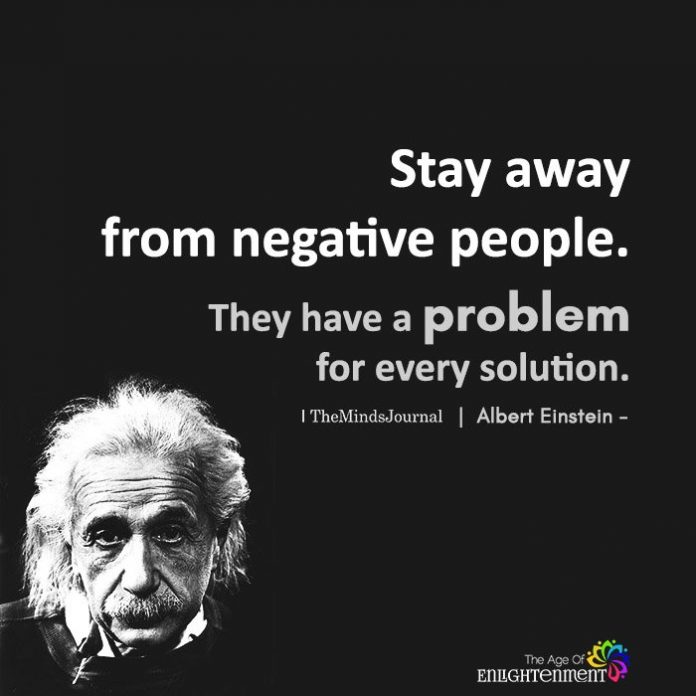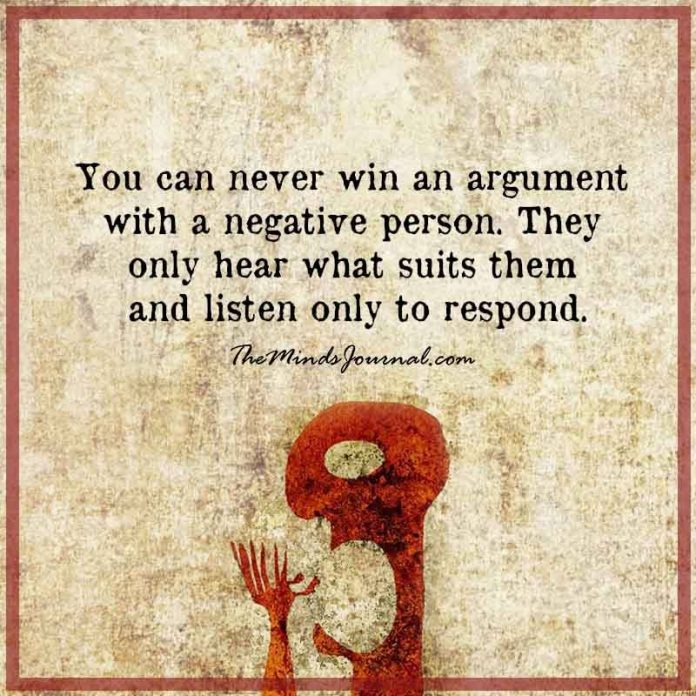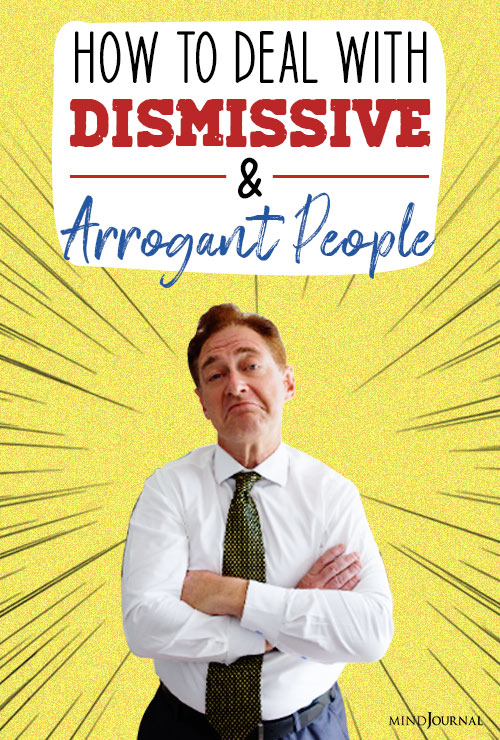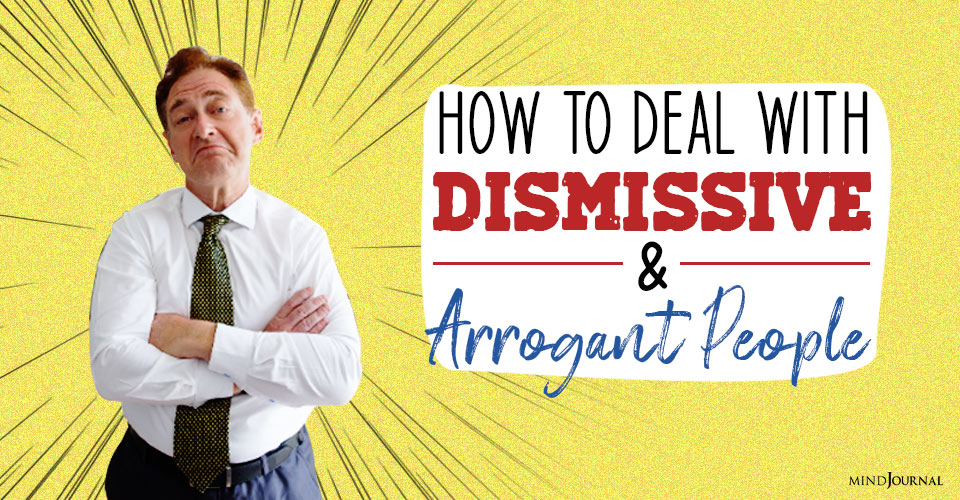“Judgemental, egotistical, and arrogant people appear to think they are better than you. Truth is, they are attempting to convince themselves that they are.” – Unknown
Key Points
- When someone acts as if they are correct, it is better to diffuse the competitive energy than fuel the fire.
- There is a difference between confidence and arrogance. Determine which is present in a conversation.
- Don’t get attached to ideas being correct or accepted. A person should state their thoughts and move on.
Do you get emotionally triggered when you’re with someone who acts as if they know what is right and you must be stupid to think the way you do? You might try to fight back, proving they are wrong, but nothing gets resolved. Then you simmer about the interaction for hours.
Maybe you just shut down. Disengaging can end a conversation, but the person then assumes you agree they are right. Or you sense they feel they have won. If you have to live or work with them, they continue to spout their views when you are together, increasing your tension and stress.
You can use techniques in these situations to relieve the competitive energy and feel better about yourself at the end of the interaction.
Related: 10 Strategies To Help You Deal With The Difficult People In Your Life
Arrogance vs. Confidence
First, it might be helpful to know there is a difference between being confident and arrogant.
Confident people know their value and abilities. They don’t need to put others down to feel good about themselves. They may overly judge themselves, trying to be the best they can, but they don’t measure their worth against the performance of others.
Arrogance is often a cover for the lack of confidence. Whereas confidence comes from self-measurement (how am I doing compared to last time), arrogance stems from other-measurement (how am I doing compared to others). They fear being seen as incompetent. They look at others as less than or better than and must put other people down who challenge their ideas. Every conversation is a test or opportunity to be smart and right.
Arrogant people need to project superiority to be deemed credible or worthwhile.*
If you don’t support their ideas or actions, arrogant people react competitively. Their responses will be laced with condescension, or they will dismiss you completely by not listening and averting their attention elsewhere as a power play.
Here are five speaking habits that indicate arrogance prompted by a lack of confidence.
- Looking to turn every conversation into a story or example showing how they lived through and often mastered a situation.
- Rarely showing curiosity to understand better ideas that conflict with theirs. Freely giving advice even when it wasn’t sought.
- Educating others about the correct way to see the world. If their ideas aren’t accepted, they repeatedly express the same point using different words as if you didn’t understand what they said the first time.
- Repeatedly interrupting to share their wisdom.
- Stop listening to the moment they think you disagree with them and hear nothing you say after that.
Even if arrogance is a clear cover for low self-esteem, they drain the joy from conversations.

Staying in control
Instead of becoming competitive with arrogant people, can you model what confidence looks like? Although humans naturally tend to compare themselves to others, confident people don’t get caught up in the “less than-better than” loop of judgment.
If you choose to model confidence when interacting with the arrogant person, practice responding these 5 ways:
1. No matter how much you are boiling inside, listen before speaking.
Summarize what they are saying with as little emotion as you can. They need to feel heard; you might diffuse their competitive energy. Then you can ask if they would be willing to hear your perspective.
Related: How to Stay Positive around Negative People
2. Don’t get attached to having your ideas accepted.
If given a chance to share your thoughts, don’t expect agreement. You will only be disappointed or frustrated. Even if they see value in your words, they won’t give you credit if they feel it will make them feel less smart or important than you.
3. When you get annoyed, avoid starting your sentences with challenging words like “clearly,” or “obviously,”
Or labeling them by saying they are unprofessional, wrong, or stubborn. You will only fuel the fire.
4. If there is an opportunity, cite the source of your ideas…
Or a particular experience you had that formed your opinion. They may argue with you, but at least you gave a foundation for your beliefs and knowledge.
5. Give up your need to be heard.
State your perspective cleanly without pushing for being right. If they say you are wrong and can’t believe you see things that way, politely say, “I see we disagree. Let’s move on.” Then change the subject or leave.

Breathe, stay calm, and if you slip into judgment and defensiveness, know you will have a chance to practice again in the future. I guarantee it.
Related: Top 9 Positive Comebacks To Help Deal With Negative People
* Note that this post is about arrogance as a communication style, not a narcissistic personality.
Written By Marcia Reynolds Originally Appeared On Psychology Today















Leave a Reply
You must be logged in to post a comment.